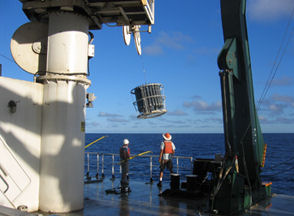
Carbon dioxide emissions are acidifying the planet’s oceans at a rate 10 times faster than occurred in the lead up to past mass extinctions of marine organisms, say an international team of researchers. Their study, appearing in the journal Science, analyzed paleontological records over the past 300 million years and concluded that the chemistry of the Earth’s oceans has never undergone such rapid changes as those occurring now.
The study notes that more than 30 percent of humanity’s CO2 emissions go directly into the oceans, turning them increasingly acidic. The effects of acidification on marine life forms are still being revealed, but past studies have shown detrimental effects on fish nervous systems, disruption of shell-building species and those with calcium-carbonate skeletons, such as corals and mollusks. It also can affect phytoplankton species, which are an essential part of the marine ecosystem, feeding fish, crustaceans and other species.
The new research identified specific periods in the history of the Earth associated with oceanic acidification, such as the Paleocene-Eocene Thermal Maximum occurring some 56 million years ago. “Due to volcanic emissions and the destabilization of frozen methane hydrates on the ocean floor, large amounts of carbon were freed into the atmosphere. Large extinctions took place during that period, especially of benthic fauna. Nevertheless, CO2 injections were at least ten times slower than those occurring now,” said Carles Pelejero, of the Spanish National Research Council.
Researcher B�rbel Hönisch, from Columbia University, put those CO2 levels in context by noting that ocean pH has fallen by 0.1 unit (to 8.1) over the last century. The Paleocene-Eocene Thermal Maximum extinctions were associated with a pH fall of 0.45. The Intergovernmental Panel on Climate Change predicts that pH may fall another 0.3 units by the end of the century, to 7.8, raising the possibility that we may soon see ocean changes similar to those observed during the Paleocene-Eocene Thermal Maximum.
“It’s not a problem that can be quickly reversed,” warned co-researcher Christopher Langdon, from the University of Miami. “Once a species goes extinct it’s gone forever. We’re playing a very dangerous game.”
Related:
Discuss this article in our forum
CO2 “inertia” makes significant climatic disruption inevitable
Freight trains a clear winner over trucks in CO2 emission stakes
New study shows intimate relationship between ice caps and CO2 levels


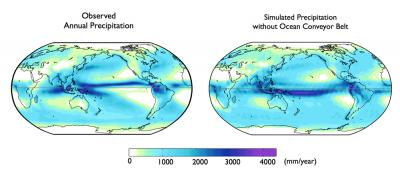
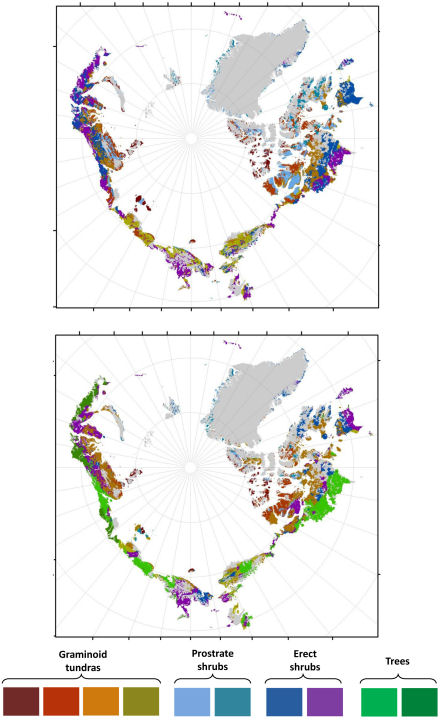
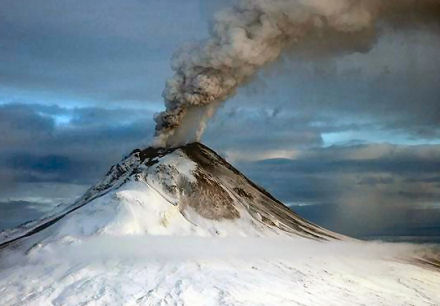
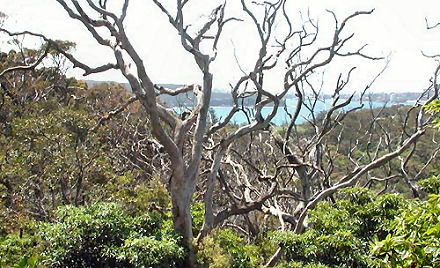






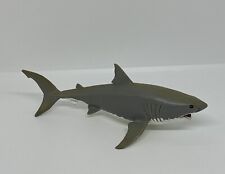

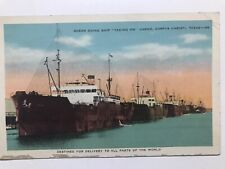
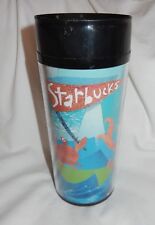
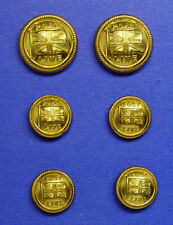

Comments are closed.